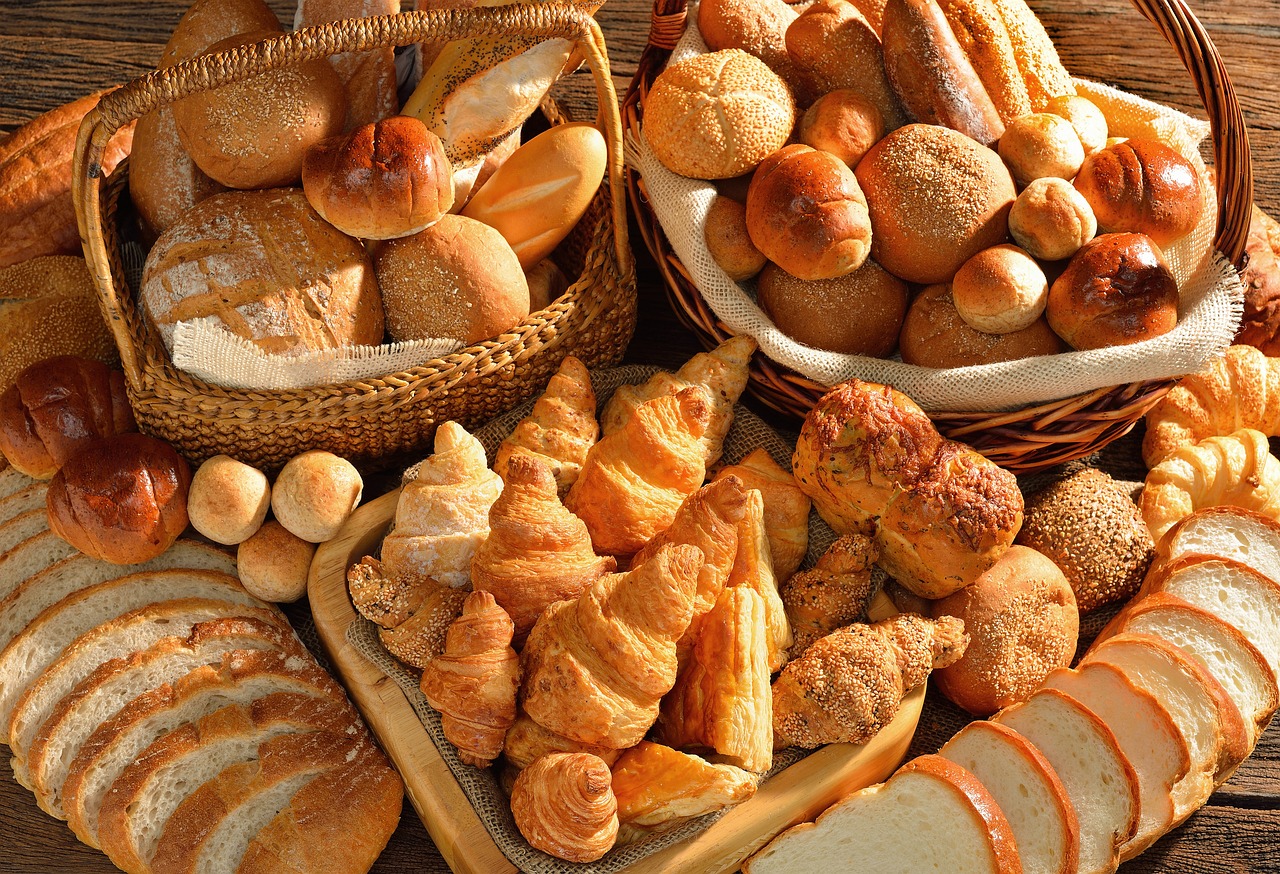Spiritual Nutrition: The Torah’s Recipe for Inner Strength
Parshas Eikev reminds us that true vitality comes from the soul, not just from sustenance.
Thank you for subscribing
Thank you for subscribing
Thank you for subscribing


In Parshas Eikev, Moshe Rabbeinu continues his heartfelt address to the Jewish people, reminding them of both their responsibilities and Hashem’s enduring kindness. Among the many powerful verses, one line stands out for its layered depth:
“Man does not live by bread alone, but by everything that comes from the mouth of Hashem does man live.”
(Devarim 8:3)
This verse is about far more than sustenance — it’s about spiritual nutrition. The Torah teaches us that our physical needs are real, but our ultimate vitality comes from our connection to G-d. It’s not the bread that gives life — it’s the Divine command that allows the bread to nourish us.
The Lubavitcher Rebbe explains (Likkutei Sichos vol. 24) that this verse challenges us to reflect on where we truly derive our sense of strength, purpose, and vitality. In moments of challenge — emotionally, spiritually, or even professionally — the “bread” may not be enough. We need words of Torah, connection with Hashem, and meaning to fuel us.
This is why we say a bracha (blessing) before and after eating. It's not just a thank you — it's an acknowledgment that life comes from the source of the food, not the food itself.
For those of us who serve others — whether in uniform or in service-oriented professions — this idea has deep implications. We face stressful situations, often relying on discipline, skill, or training. But when burnout sets in or emotions run high, we need more than tactics.
We need inner grounding.
We need purpose.
We need to nourish the soul.
And this is exactly what the Torah offers.
“He afflicted you and let you go hungry, and then fed you the manna…”
(Devarim 8:3)
Hashem doesn’t just provide. He teaches. Even in deprivation, there’s purpose — a reminder that what sustains us isn't the manna, but the mission behind it.
Reflect before eating: Take 3 seconds to pause and recognize the source of your blessings.
Feed your soul: Just like you plan meals, plan spiritual intake — even a 60-second daily Torah thought can uplift.
Encourage spiritual resilience in others: Your example of mindful living can inspire those around you, especially in high-stress environments.
This week, challenge yourself to reflect not just on what you eat, but on what feeds your spirit. True nourishment comes when we see our daily life through the lens of Divine purpose.
Sources & References:
Devarim 8:3
Likkutei Sichos vol. 24, Parshas Eikev
Sfas Emes on Eikev 5642
Tanya, Iggeres HaKodesh 5 – On Divine Vitality in All Things
Pirkei Avos 3:17 – "Without flour, there is no Torah; without Torah, there is no flour."